Search results for 'The And'
-
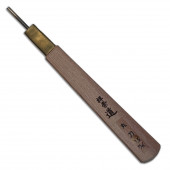
Komasuki 1.5mm (U Shape)
£31.00 -
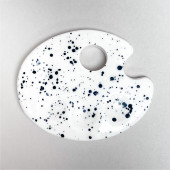
Lilian May, Mini Ceramic Palette
£12.00 -
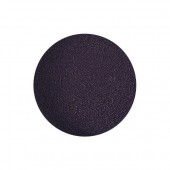
Indigo Blue Genuine Pigment
Starting at: £8.00
-
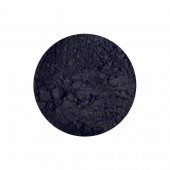
Ivory Black Pigment
Starting at: £4.50
-
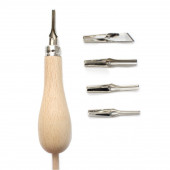
Lino Set with 5 Cutters
£12.70
-
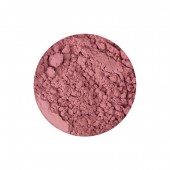
Potters Pink Pigment
Starting at: £22.00
-
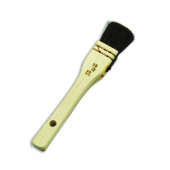
Sosaku Brush 24mm
£11.15 -
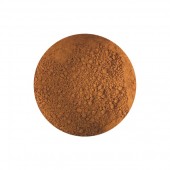
Burnt Sienna Pigment
Starting at: £4.00
-
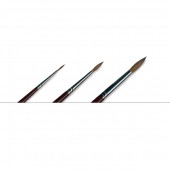
Cornelissen Oil Sable Round
Starting at: £5.55
-
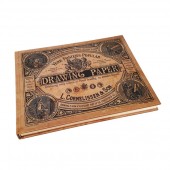
Hardback Book of Drawing Paper
£25.00
-
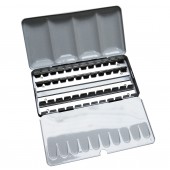
Empty Watercolour box for 48 half pans
£20.00 -
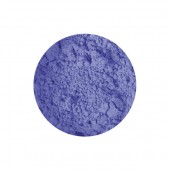
Cerulean Blue Pigment
Starting at: £14.50
-
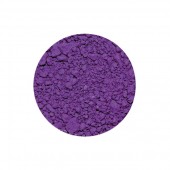
Ultramarine Violet Pigment
Starting at: £6.20
-
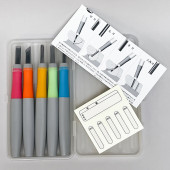
Japanese Easy Grip Tento Carving Set
£21.00 -
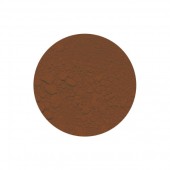
Cadmium Brown Pigment
Starting at: £10.00
-
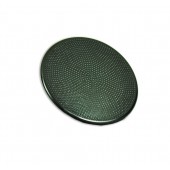
Plastic Baren
£7.30 -
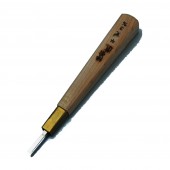
Aisuki 3mm (Chisel Shape)
£28.00 -
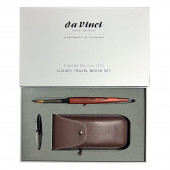
da Vinci Luxury Travel Brush Set
£184.00 -
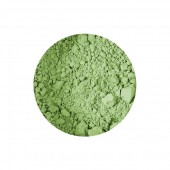
Terre Verte Pigment
Starting at: £4.00
-
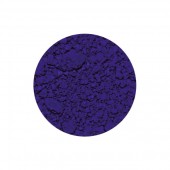
Ultramarine Blue Limewash Pigment
Starting at: £6.30
-
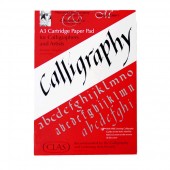
Calligraphy Cartridge Pad A3
£17.50 -
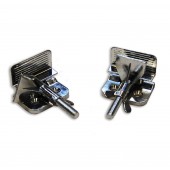
Hing Clamps (per pair)
£16.00 -
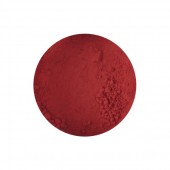
Alizarin Crimson Pigment
Starting at: £4.50
-
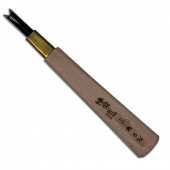
Sankaku-toh 6mm (V Shape)
£36.00 -
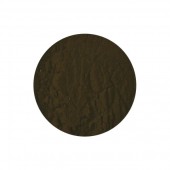
Van Dyke Brown Pigment
Starting at: £4.50
-
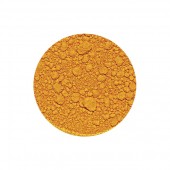
Cadmium Yellow Deep Pigment
Starting at: £7.40
-
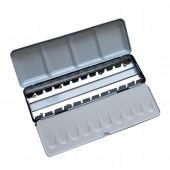
Empty Watercolour box for 24 half pans
£14.00 -
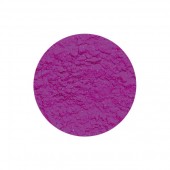
Cobalt Violet Light Pigment
Starting at: £10.00
-
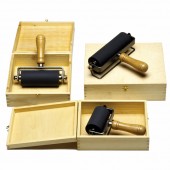
Superior Extra Soft Rubber Rollers
Starting at: £212.00
-
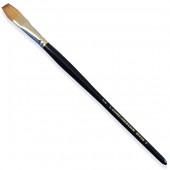
Cornelissen Series 2 Kolinsky Sable
Starting at: £35.80





